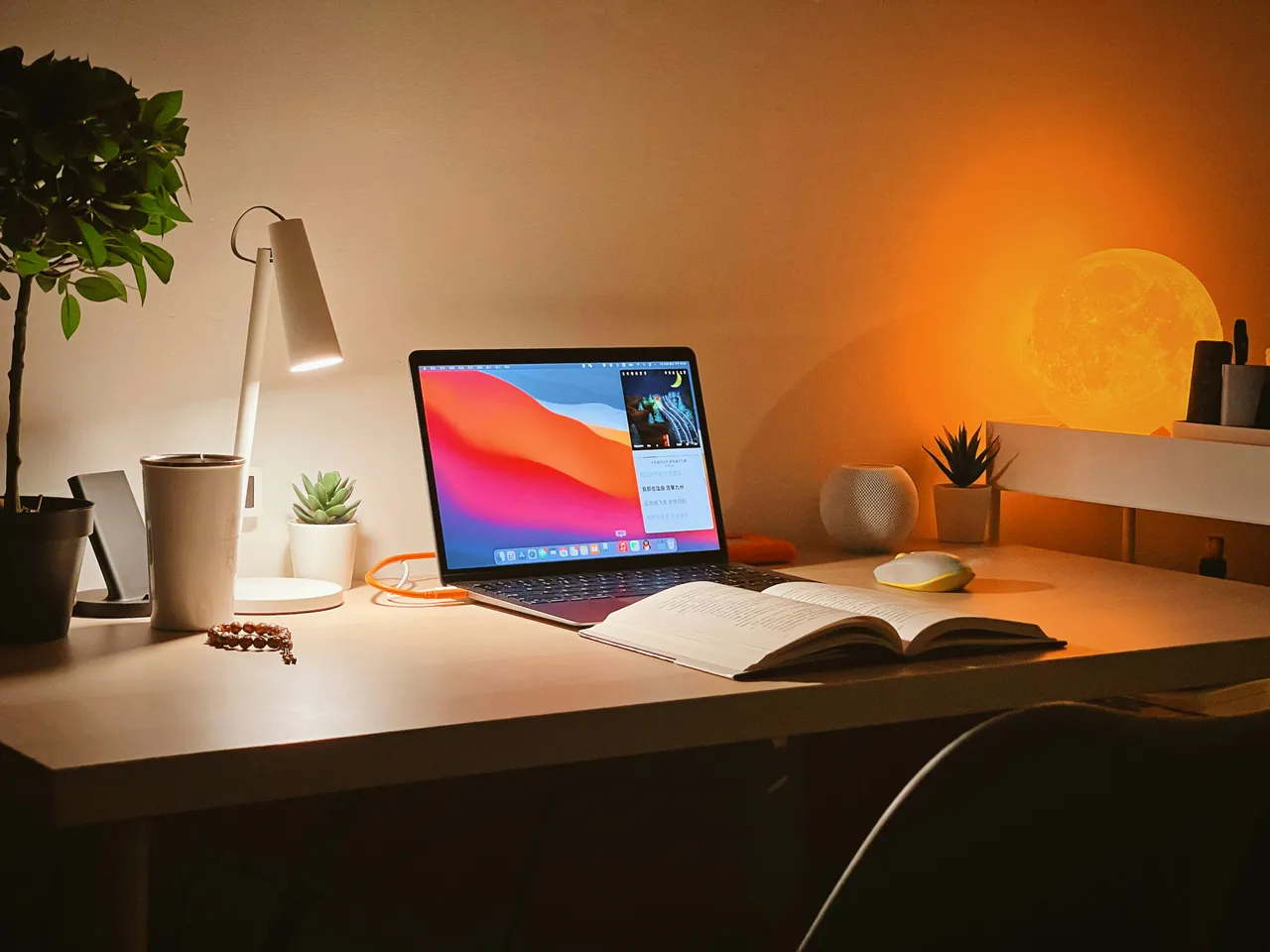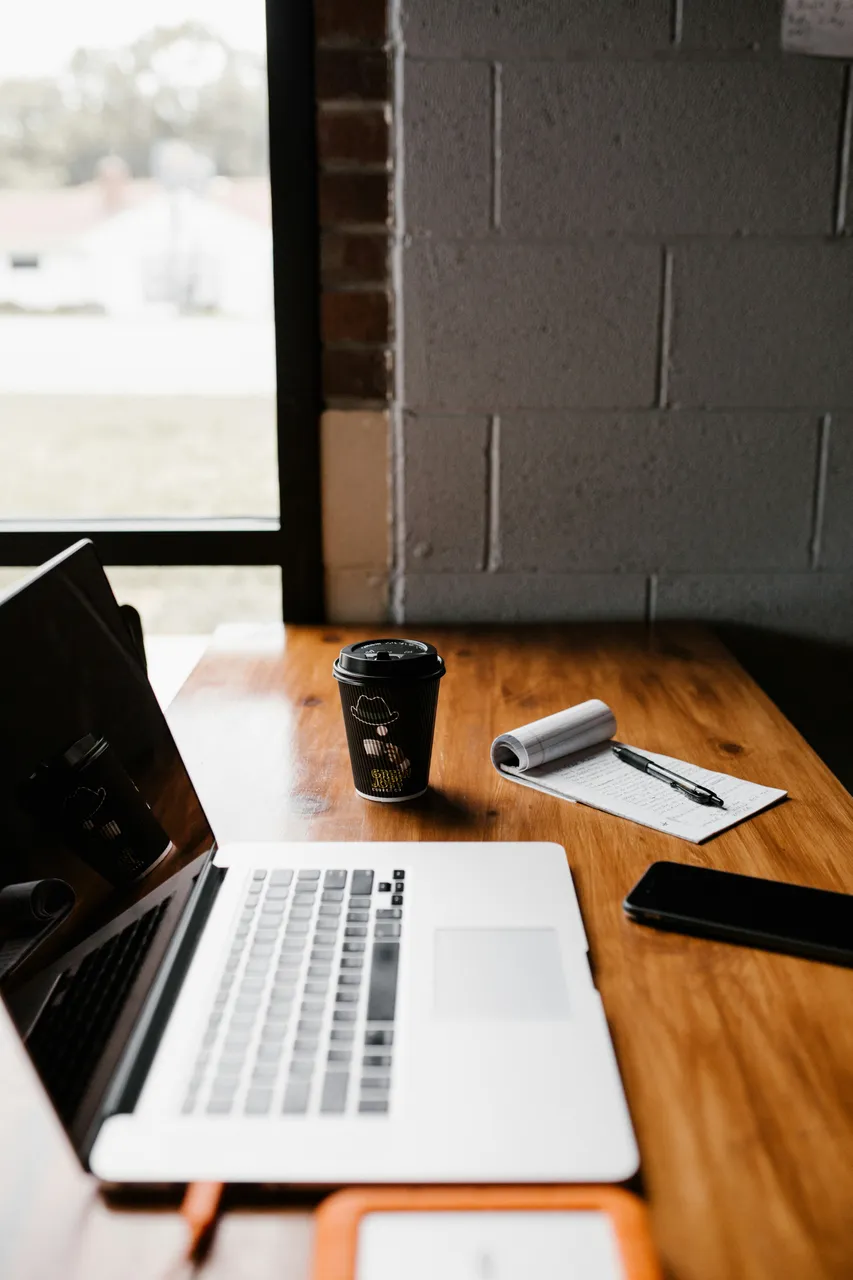
For as long as I can remember, I believed that studying at night was the ultimate hack for getting ahead. Fewer distractions, quiet surroundings, and the satisfaction of being productive while the world sleeps- what could go wrong? Well, a lot, actually.
As a university student studying Mathematics at Uniuyo, I turned to midnight study sessions since I don't have enough time during the day. I thought it would improve my focus and retention, but after weeks of pushing myself through sleepless nights, I started noticing some unexpected effects-some good, but mostly bad.
The Highs of Midnight Studying
- Zero distractions: No noisy classmates, no social media temptations-just me and my textbooks.
- Deep focus: There's something about the silence of the night, I feel more relaxed and can get into a flow state faster.
- Sense of accomplishment: There's a certain power in working while the world is asleep.
The Hidden Downsides No One Talks About

- Memory struggles: I realized that while I could study for hours, I struggled to recall details the next day, especially formulas and the steps in solving math problems. Sleep plays a huge role in memory consolidation, and I wasn't getting enough of it-especially with the added stress from the day's activities.
- Physical exhaustion: Waking up for lectures after a long night of studying became a nightmare. I started feeling drained, less productive, and frequently had headaches. As an asthma patient, I even experienced breathing difficulties.
- Mood swings & burnout: I was always tired. Sleep deprivation messed with my mood-I'd get irritated at almost everything and became quicker to anger. All that was on my mind was sleep. The motivation that was once there started to fade away.
The Wake-Up Call (Literally)
I had to ask myself: Am I really studying effectively, or just staying up late for the sake of it? I realized that studying late at night wasn't the real problem-it was the lack of proper rest and balance.
What I'm Doing Differently Now
- Taking power naps before midnight study sessions to stay alert.

- Incorporating more daytime studying. I don't really fancy it, but I have to adapt. It's better to understand concepts properly than to rely on late-night cramming.
- Prioritizing sleep so I can actually retain what i study.
Final Thoughts
Studying at night can work, but only if you manage your sleep well. If you're constantly tired, struggling with memory, or feeling drained, it might be time to rethink your study habits.
What about you? Have you ever tried studying late at night? Did it work for you, or did it backfire? Let's talk in the comments!